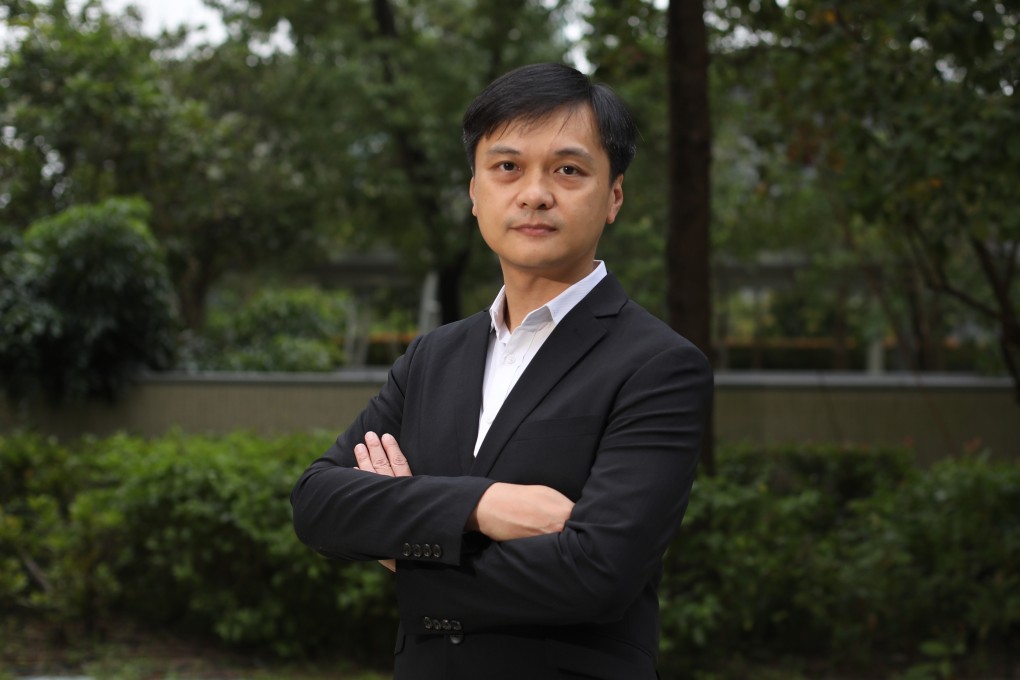Editorial | Prize a shot in arm for Hong Kong innovation drive
- Earthshot Prize for start-up GRST and its eco-friendly lithium battery technology shows Hong Kong has what it takes to confront environmental challenges

The word “innovative” is used so often that it can fall flat in conversations, but it was charged with meaning when applied to a Hong Kong-based start-up that won a 2023 Earthshot Prize last week for its eco-friendly lithium battery technology. GRST has become the first company from anywhere in China to win the prestigious award. Britain’s Prince William launched the Earthshot Prize three years ago to search for and then apply the most innovative solutions to the world’s greatest environmental challenges by 2030.
GRST’s water-based technology for building and recycling lithium-ion batteries was honoured for offering “a pathway to make the electric cars of the future even cleaner”. Assembling conventional batteries is energy-intensive, requiring high temperatures and low humidity, and uses binding chemicals made from fossil fuels. Toxic fumes are released in conventional battery recycling.
The company founded in 2015 and based in Hong Kong Science and Technology Park invented a process that avoids such problems, cutting greenhouse gas emissions by up to 40 per cent for battery production and by up to 80 per cent for recycling.
The “Clean Our Air” award, one of five handed out, provides £1 million (HK$9.6 million) to help GRST expand its operations. The prize underscores the strong progress Hong Kong has made in 2023, a year when about 900 technology companies decided to establish a foothold in the city.
The government has set up a Green Technology and Finance Development Committee to promote the city as a green tech hub. The central government has also announced measures to create research clusters involving Hong Kong and its closest neighbours in the Greater Bay Area development zone.
